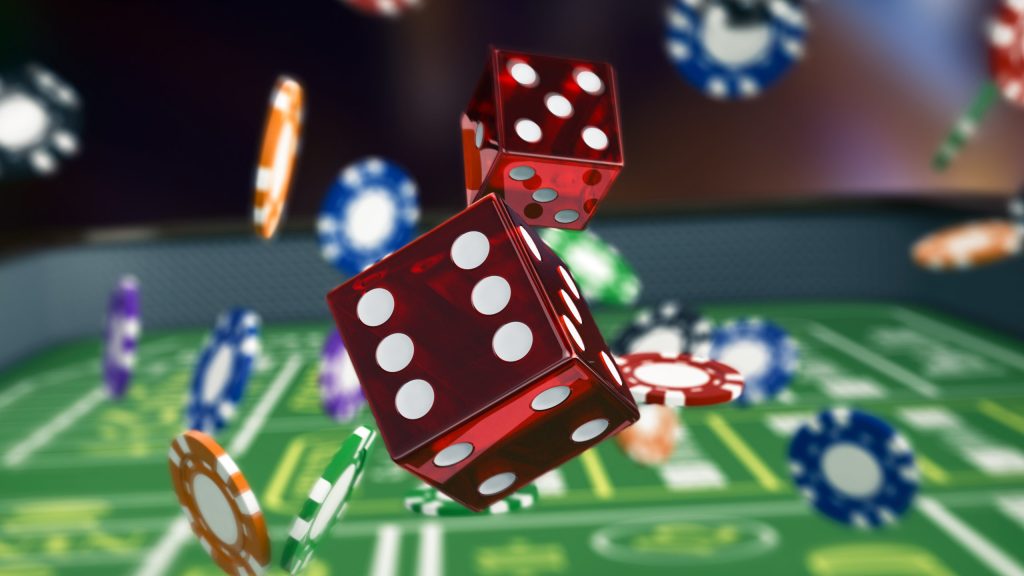Gambling has always been surrounded by myths and beliefs, with players often attributing their outcomes to luck or unseen forces. These gambling superstitions can range from harmless rituals to deeply entrenched habits that shape the way people play. Whether you’re new to gambling or already familiar with some of these beliefs, understanding their origins and significance can add an interesting dimension to your overall gaming experience.

Beliefs About Lucky And Unlucky Colors
Many gamblers have strong opinions about the influence of certain colors on their luck. Red, for example, is often considered a lucky color, especially in cultures like Thailand, where red is associated with good fortune and prosperity. Conversely, black may be viewed as unlucky in some contexts, depending on cultural interpretations. While color choices hold no scientific basis, players may still stick to these preferences to boost their confidence during important bets.
Rituals And Actions Players Avoid At All Costs
Another common gambling superstition involves avoiding specific actions that are perceived as unlucky. For instance, crossing your legs while playing a game is believed to “block” your luck. Similarly, some players refuse to count their chips during the game, as they believe it can jinx future winnings. These rituals, while irrational, reflect how deeply people associate physical actions with the flow of luck during gambling activities.
Lucky Objects That Gamblers Bring To Games
Many gamblers carry lucky objects, believing these items possess special powers to attract good fortune. Common examples include lucky coins, charms, and personal talismans. In Thai culture, amulets and Buddhist tokens are popular choices for promoting positive outcomes. These objects serve as psychological anchors, giving players something to focus on and boosting their confidence, even if their actual influence on the game is questionable.
Myths About Timing And Gambling Success
Superstitions related to timing also abound in gambling. Some players believe there are “lucky times” to play, such as certain days of the week or hours when energy is considered more favorable. Similarly, gamblers avoid starting a game at inauspicious hours or after experiencing bad omens earlier in the day. These beliefs often stem from cultural traditions tied to astrology, numerology, or local folklore.
Can Superstitions Really Impact Gambling Outcomes?
While gambling superstition can add an exciting layer to the experience, it’s important to remember that these beliefs don’t impact the technical odds of a game. Gambling outcomes are dictated by mathematical probabilities and random chance, not personal rituals or lucky charms. For online casino players, embracing these superstitions can add more fun and emotional engagement but should never replace sound gaming strategies.